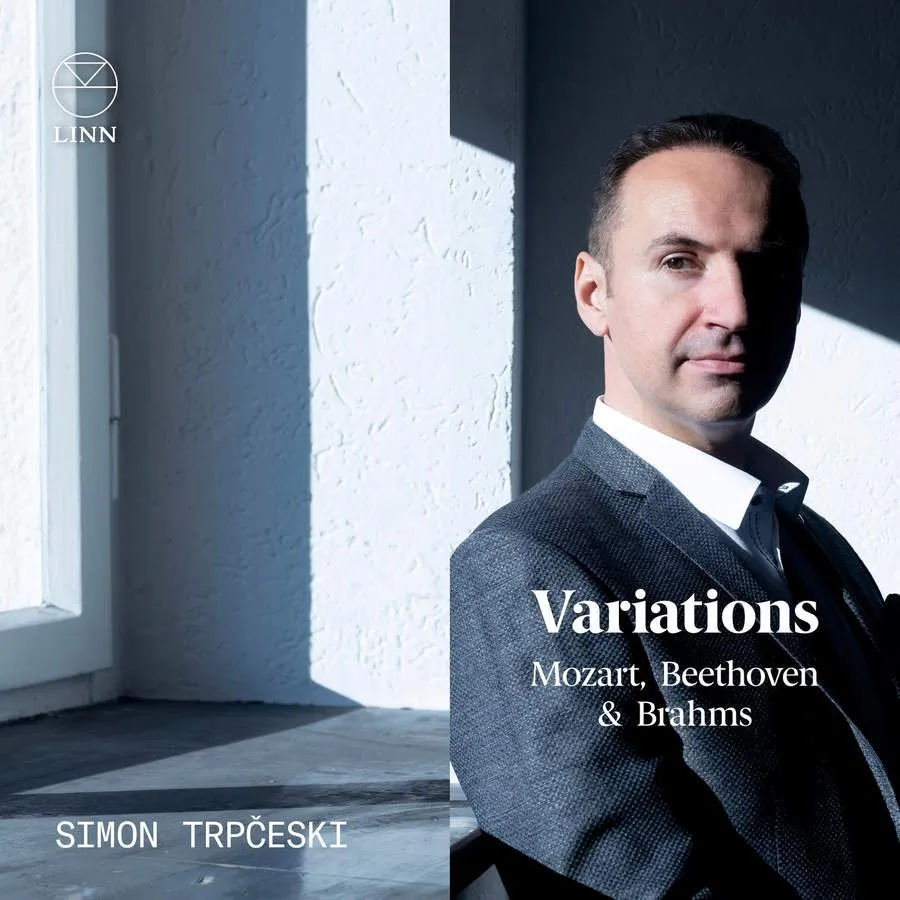
Variations Beethoven: Variations on a Russian Dance; 32 Variations on an Original Theme in C minor, WoO 80; Brahms: Variations on a theme by Schumann in F sharp minor, Op. 9; Mozart: Variations on Paisiello’s ‘Salve tu, Domine’; Variations on Sarti’s ‘Come un’agnello’ Simon Trpčeski (piano) Linn Records CKD682 62:11 mins
Sets of variations were one of the mainstays of Classical and Romantic pianism, and part of the allure of this recording lies in the fact that three of its five works are seldom performed. In the 18th century, melodies were often taken from operas to serve as variation-fodder, as were the two by Mozart here. And if six of the variations on Come un agnello are of dubious provenance, the melody had a particular significance for Mozart: he used it to provide Giovanni’s dinnertime entertainment in Act II of Don Giovanni.
Beethoven’s Variations on a Russian Dance were based on an extract from a ballet by the Czech composer Paul Wranitzky, and as Geoffrey Norris observes in his liner note, they display the bravura, spontaneity and ingenuity of the Op. 10 piano sonatas with which they were cognate. His 32 Variations on an Original Theme were composed while he was working on the Eroica Symphony and Appassionata, and they share the breathtaking qualities of those much larger works. Brahms’s Variations on a Theme by Robert Schumann emerged out of that cauldron of emotion which was the Schumann household after the composer had tried to drown himself in the Rhine. Clara had written a set of variations wn the Bunte Blätter theme the year before, and Brahms’s set were dedicated to her.
If the Mozart variations are nothing special, those by Beethoven and Brahms are masterpieces, which Trpčeski conveys with his characteristic refinement. His Brahms has grave beauty, and his Beethoven – delivered with an exceptionally light touch – manages to sound both intimate and earth-shaking.
Michael Church
More reviews
Brahms: Symphony No. 4; Tragic Overture, etc
Rouse: Symphony No. 5; Supplica; Concerto for Orchestra
Beethoven: Symphony No. 9; Choral Fantasy
Airat Ichmouratov: Symphony; Overtures